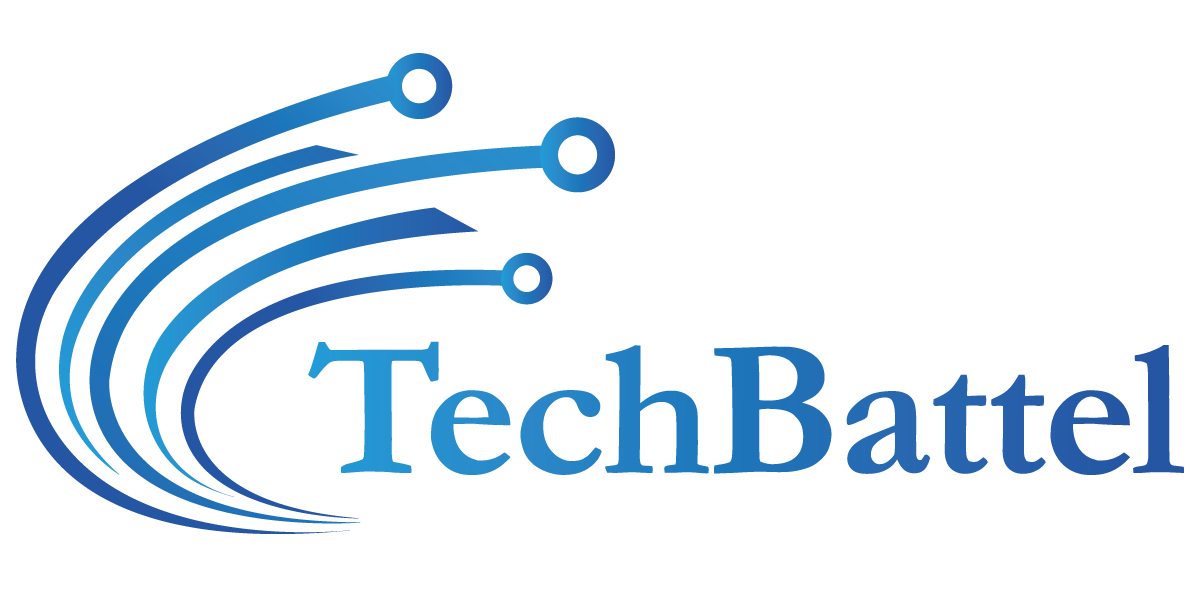Federated learning, a novel machine learning technology, was developed to preserve users’ privacy in an era of confidential information and regulatory scrutiny. Federated learning allows collaborative training models over edge devices while preserving data. This article discusses federated learning, privacy-preserving algorithmic learning, and Hyderabad data scientist training.
Few Words on Federated Learning
Federated learning allows distributed machine learning model training on independent data sources without centralizing raw data. Federated learning computes model updates locally on edge devices and transfers only aggregated model parameters to a central server for universal model updating. This contrasts with typical learning approaches that send data to a centralized computer for training. This decentralized model training strategy maintains data confidentiality and maximizes data exposure.
Federated learning eliminates privacy concerns associated with regular machine learning by restricting data transmission while preserving data local. Federated Learning protects machine learning privacy. Federated learning is ideal for banking, medical, and telecommunications applications that prioritize data privacy. Federation learning lets enterprises collaborate on model training while protecting sensitive data. Federated learning enables this.
What Has This Mean for Hyderabad Data Scientist Courses?
Federated learning is becoming vital in data scientist courses in Hyderabad, a digital hub. These classes emphasize the importance of privacy-protecting machine learning methods like federated learning and teach students how to use them in real-world applications. Federated learning is used in Hyderabad Data Science Course work:
Federated learning fundamentals: Data scientist courses cover federated learning basics. These include remote model training, secure aggregation, and differential privacy. Students explore how federated learning can enable edge device collaborative model training while protecting data.
Real-World Applications: Data science course examine how federated learning is used in healthcare, finance, and telecommunications. Students learn to create federated learning methods and deploy privacy-protecting machine learning solutions using federated learning structures and technologies.
Considering Ethics and Privacy: Data scientist course in hyderabad emphasize privacy and ethics in federated learning. Differential anonymity, federation averaging, secure aggregation, and the ethical issues of federated instructional practice are explained to students.
Why is federated learning for machine learning beneficial for user privacy?
Federated learning has many privacy-preserving machine learning benefits, including:
- Federated learning reduces data exposure by storing data locally and limiting data transfer.
- Edge devices compute model updates locally and communicate only aggregated model parameters to a central server. This protects sensitive data from compromise.
- Federated learning allows model training across decentralized data sources. This lets firms employ collective intelligence while protecting their data.
- Data privacy is maintained by federated learning, which keeps data localized on edge devices. This reduces the requirement for data migration and minimizes the risk of breaches of information or unlawful access.
- Federated learning is a technique that helps break down data silos and harness collective knowledge without compromising individual privacy. It does this by enabling collaborative model training via distributed source data, which in turn helps reduce the number of data silos.
- Federated learning allows structures to be trained on a varied variety of data sources, which results in models that are more robust and generalized as compared to hierarchical approaches. This leads to improved model accuracy.
- Because only model updates are provided rather than raw data, federated learning decreases the bandwidth necessary for data transmission. This makes it suited for contexts with limited resources because it reduces the amount of data that needs to be transmitted.
Inferences for the Field of Data Science:
Federated learning has important repercussions for the disciplines of data science, including the following:
This includes implementing methods for secure aggregation, differentiating confidentiality, and model encryption.
Federated learning enables cooperation among researchers in data science and companies, which in turn fosters the development of common models and insights without requiring the release of sensitive data.
How does federated learning affect Hyderabad data scientist education?
Data scientist programmes in Hyderabad contain federated learning modules that teach students how to use it in real-world situations. This data scientist course in hyderabad covers federated learning fundamentals, implementation methodologies, privacy and ethics, and practical expertise with frameworks and tools.
Data scientists with federated learning experience in Hyderabad have what career options?
Data scientists with federated learning knowledge are in demand in Hyderabad and other IT hubs. They can work on privacy-protecting machine learning, collaborative learning models, and data analytics projects in healthcare, finance, telecommunications, and edge computing.
Conclusion
Federated Learning opens new paths in privacy-preserving machine learning. Data privacy and security are protected when collaborative model training is possible. As companies prioritize data protection and compliance with GDPR and HIPAA, a federation of learning is emerging as a nuisance solution for privacy-preserving machine learning. Data scientist workshops, which are leading this change, are preparing Hyderabad students to use federated learning and innovate in privacy-preserving apps for machine learning.
For more details visit us:
Name: ExcelR – Data Science, Data Analytics and Business Analyst Course Training in Hyderabad
Address: Cyber Towers, PHASE-2, 5th Floor, Quadrant-2, HITEC City, Hyderabad, Telangana 500081
Phone: 096321 56744
Email: enquiry@excelr.com

